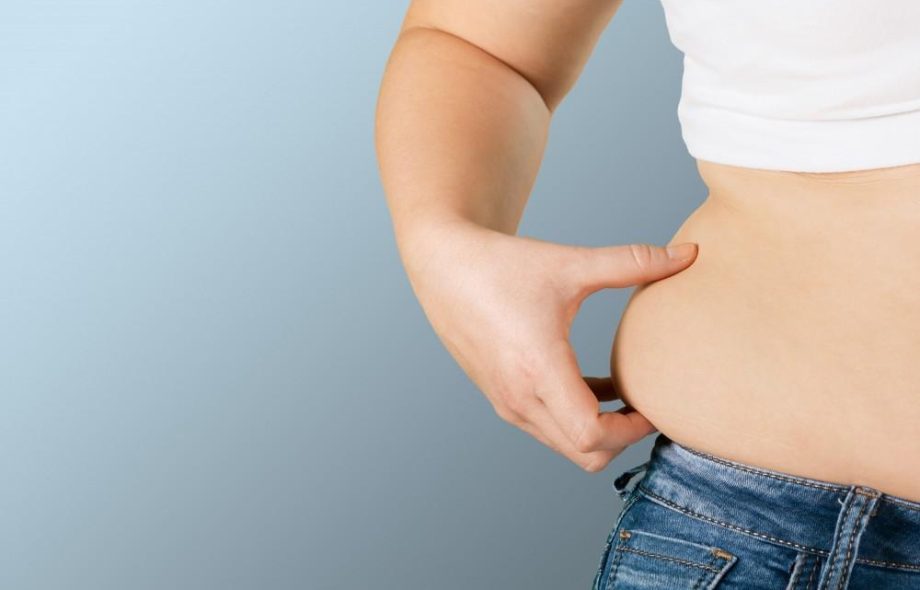One of the common concerns for patients considering or recovering from weight loss procedures is, can you drink alcohol after bariatric surgery? This question is important because alcohol consumption after surgery can affect recovery, slimming surgeries(جراحات التخسيسSleeve Gastrectomy: Involves removing part of the stomach, creating a smaller, sleeve-shaped stomach to reduce appetite and calorie intake.) outcomes, and overall health. Bariatric surgery changes the way the body processes food and drink, including alcohol, making it crucial to understand its impact and recommended guidelines.
The Importance of Understanding Alcohol Consumption Post-Surgery:
Knowing how alcohol interacts with the body after bariatric surgery is vital for long-term success. The surgery not only reduces stomach size but often alters digestion and metabolism. Drinking alcohol without awareness of these changes can lead to adverse effects, jeopardize health goals, and complicate recovery. Patients must be well-informed to avoid negative outcomes, promote healing, and maintain a healthy lifestyle post-surgery.
How Bariatric Surgery Affects Alcohol Metabolism?
After bariatric surgery, the body’s ability to process alcohol changes significantly:
Faster Absorption: Reduced stomach size and altered digestive pathways cause alcohol to enter the bloodstream more quickly, intensifying its effects.
Increased Sensitivity: Patients often feel the effects of alcohol with smaller amounts than before surgery.
Higher Blood Alcohol Levels: Blood alcohol concentration (BAC) can peak faster and remain elevated longer, increasing intoxication risk.
Changes in Enzyme Activity: Altered digestive enzymes may affect how alcohol is metabolized.
Understanding these physiological changes is essential for safely managing alcohol intake.
Risks of Drinking Alcohol After Bariatric Surgery:
Consuming alcohol post-surgery carries several risks that patients should consider carefully:
Increased Intoxication and Impaired Judgment: The enhanced effects may lead to accidents or poor decision-making.
Risk of Alcohol Dependence: Some patients may develop unhealthy drinking patterns after surgery.
Nutritional Deficiencies: Alcohol interferes with the absorption of vital nutrients, which is critical after bariatric surgery.
Weight Gain: Alcohol is calorie-dense and can sabotage weight loss efforts.
Gastrointestinal Issues: Alcohol may cause irritation, nausea, or discomfort in the altered digestive system.
Interference with Medications: It can affect the efficacy or side effects of prescribed medications.
Being aware of these risks encourages cautious and informed choices regarding alcohol.
Potential Benefits of Avoiding or Moderating Alcohol Intake:
Choosing to limit or abstain from alcohol after bariatric surgery can provide several benefits:
Better Weight Loss Outcomes: Avoiding empty calories helps sustain progress.
Improved Nutrient Absorption: Less interference with digestion supports overall health.
Enhanced Liver Function: Reducing alcohol intake protects the liver, which is often stressed by obesity and surgery.
Reduced Risk of Complications: Lower chances of gastrointestinal discomfort and other side effects.
Clearer Mental Health: Avoidance of alcohol supports emotional well-being during lifestyle changes.
Many patients find that moderating or abstaining from alcohol improves their recovery experience.
Frequently Asked Questions About Alcohol and Bariatric Surgery:
Is alcohol completely forbidden after bariatric surgery?
Not necessarily, but moderation and medical advice are crucial.
How long should I wait before drinking alcohol post-surgery?
Generally, patients are advised to avoid alcohol for at least several weeks to months during initial healing.
Can alcohol cause weight regain after surgery?
Yes, because it is high in calories and can weaken self-control related to diet.
Are some types of alcohol safer than others?
Lower-alcohol and low-sugar options may be better, but all alcoholic beverages carry risks.
What if I experience adverse effects after drinking alcohol?
Seek medical advice immediately if you experience unusual symptoms like severe nausea, dizziness, or abdominal pain.
Conclusion:
Answering can you drink alcohol after bariatric surgery? requires understanding the altered effects of alcohol on the body and the associated risks. While moderate consumption might be possible for some, many patients benefit from avoiding alcohol altogether to maximize weight loss success and maintain overall health. Being informed about how bariatric surgery changes alcohol metabolism empowers patients to make safer, healthier decisions that support their long-term well-being and surgical outcomes.


 :
: